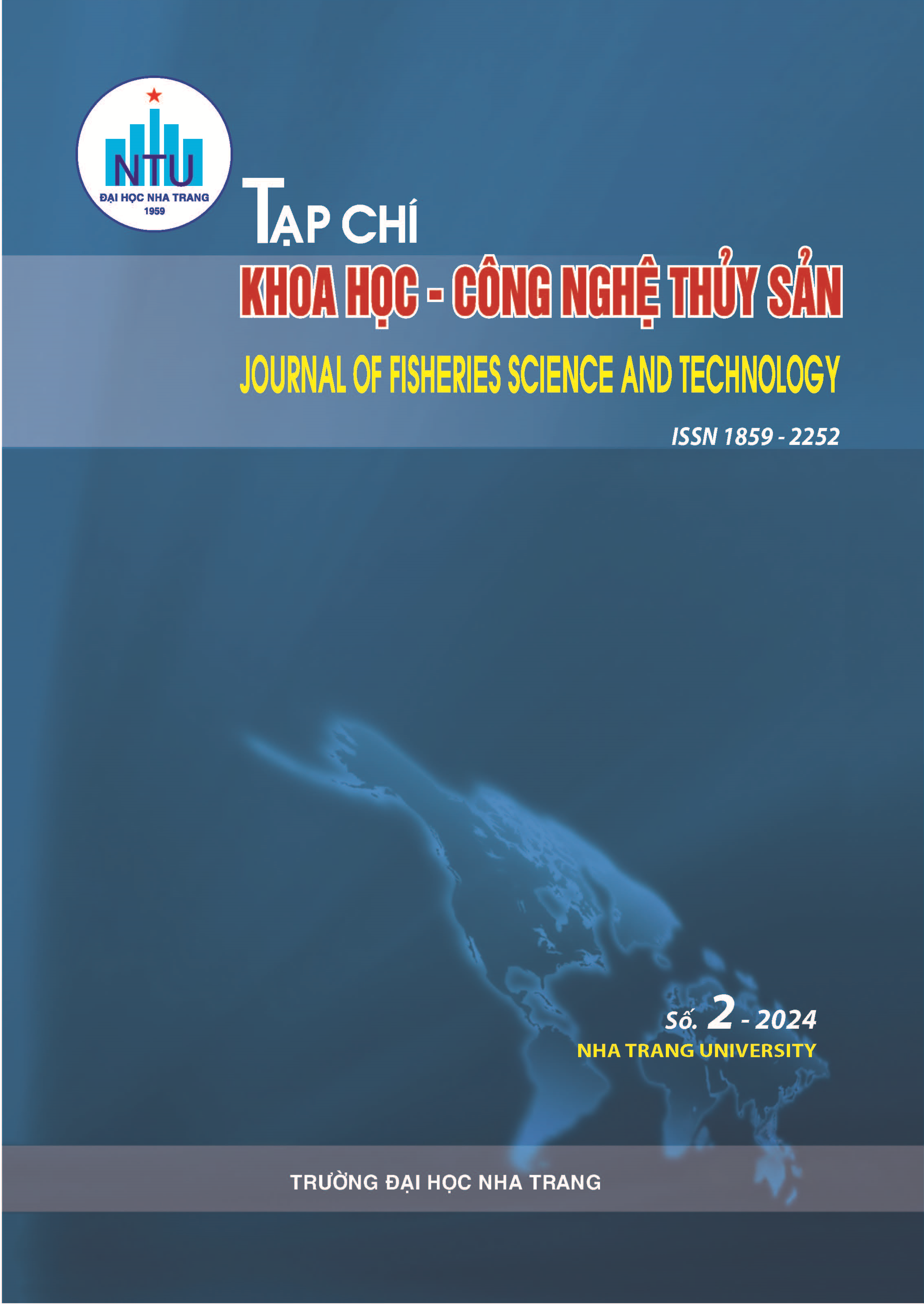##plugins.themes.huaf_theme.article.main##
Abstract
Actinobacteria play an important role in the decomposition process of organic matter in mangrove sediments, and also are a potential source that can produce essential bioactive compounds. This study was carried out to isolate and evaluate the antagonistic activity of actinobacteria from the mangrove forests of Khanh Hoa province. A total of 46 distinct actinobacteria strains were isolated from nine sediment samples collected across three different mangrove forests within Khanh Hoa province. Remarkably, 18 out of the 46 strains (39%) exhibited antagonistic activity against five tested microorganisms. Especially, four isolated namely strains A11, A17, A18, and A35 showed high antagonistic activity against Staphylococcus aureus ATCC 25923 and Bacillus subtilis ATCC 6633 with inhibition zones ranging from 15 to 19 mm. In particular, strain A18 exhibited the highest capability of inhibiting the growth of bacteria against S. aureus ATCC 25923 and B. subtilis ATCC 6633 with inhibition zones measuring 18.17 ± 0.29 mm and 19.67 ± 0.58 mm, respectively. Preliminary classification according to the International Streptomyces Project (ISP) showed that strain A18 belongs to the genus Streptomyces. Furthermore, Streptomyces sp. A18 was identified as Streptomycs griseorubens by 16S rRNA sequence analysis, with a similarity of 99.78% compared with 16S rRNA sequences of actinobacterial species on the GenBank. The results of this study indicated that mangrove-derived actinobacteria as promising sources of bioactive compounds against pathogenic bacteria and fungi.
Keywords: actinobacteria, antibacterial activity, antifungal activity, mangrove forest.

